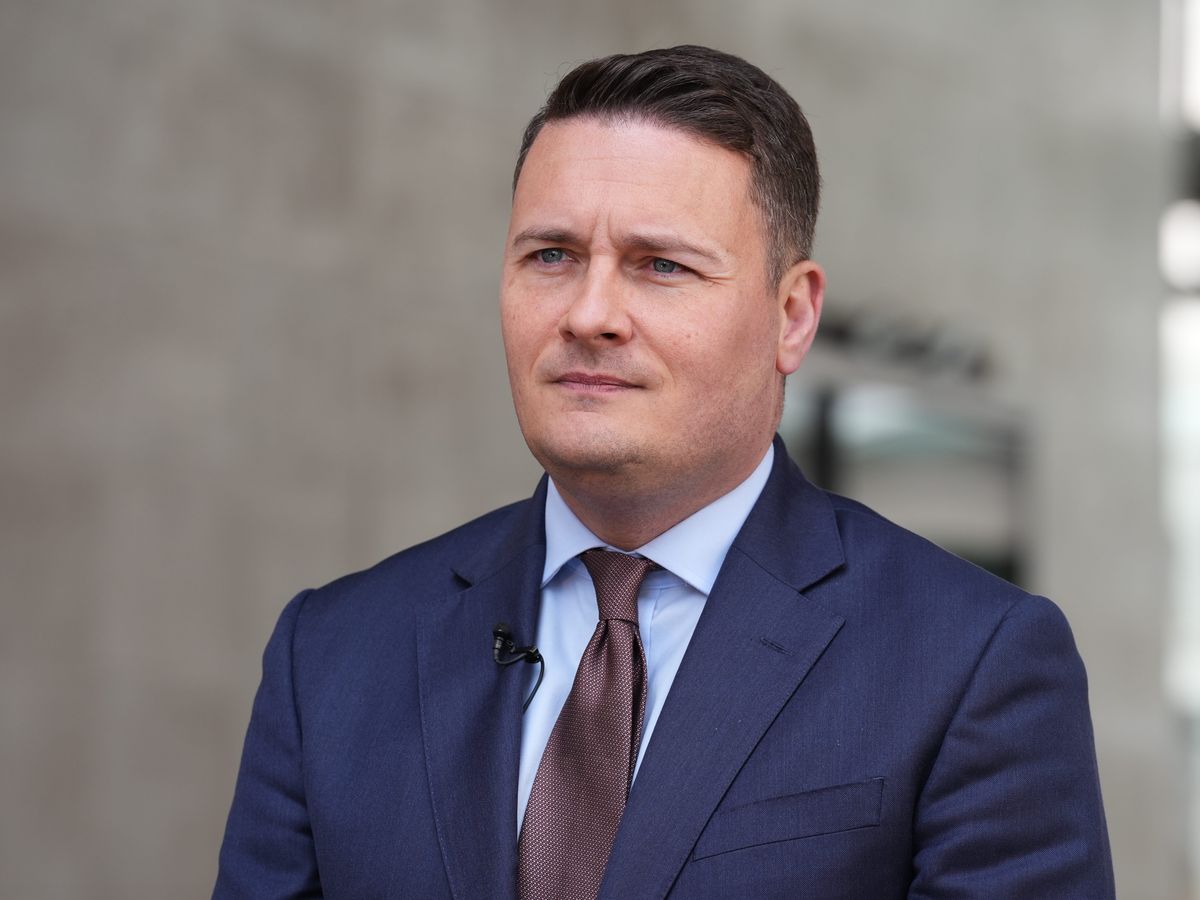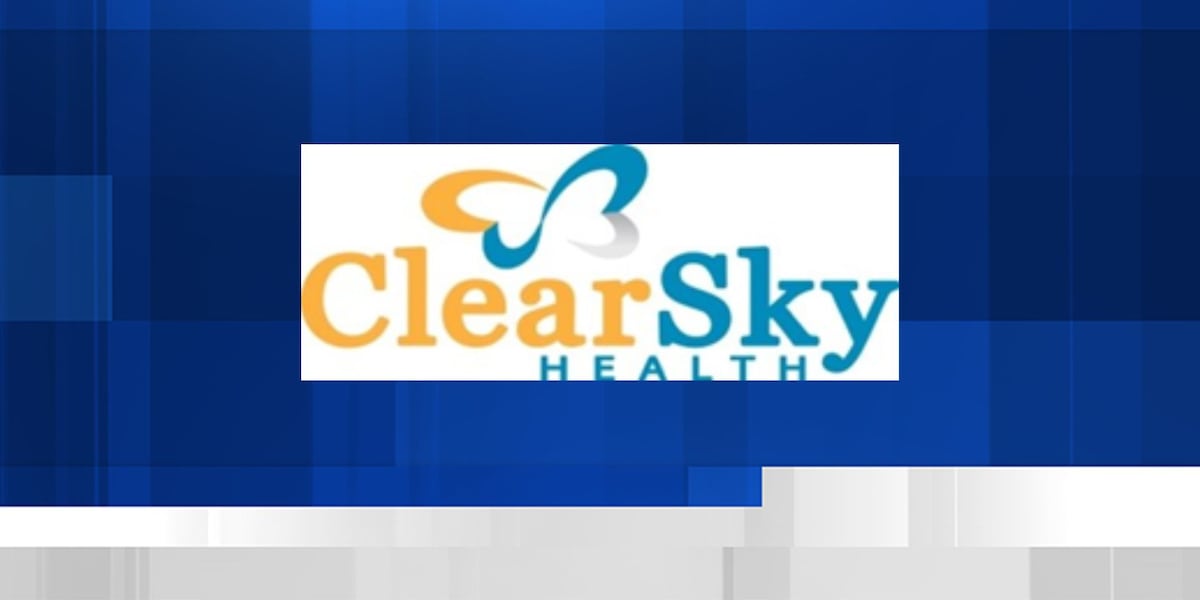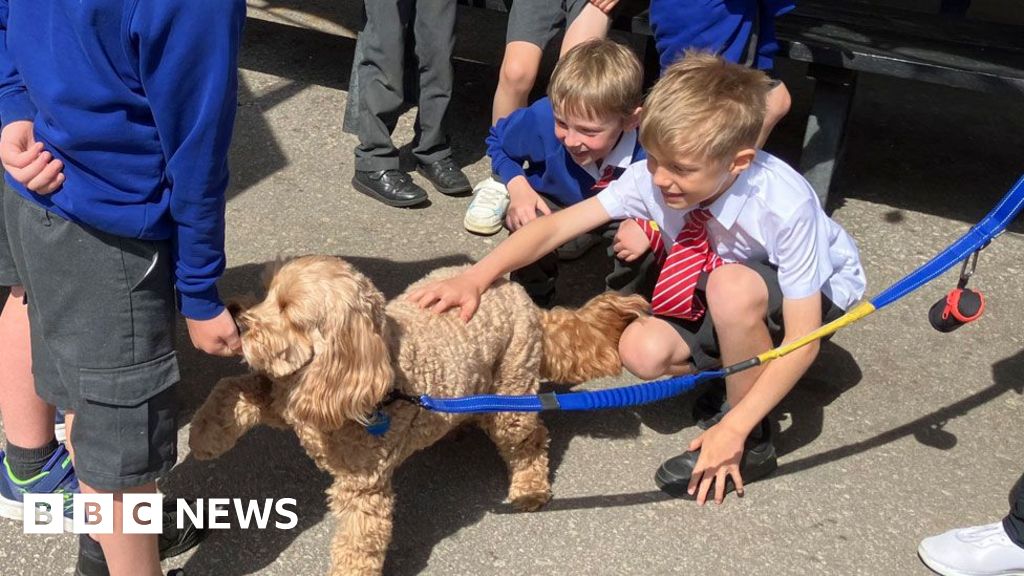Native American Leaders Applaud Kennedy's Intervention, Warn HHS Cuts Will Cripple Healthcare Access

In a significant development for Native American healthcare, tribal leaders have expressed gratitude to Senator Kennedy for his timely intervention in preventing proposed layoffs within the Indian Health Service (IHS). However, their relief is tempered by deep concerns over impending cuts to the Department of Health and Human Services (HHS) budget, which they warn will severely exacerbate existing health disparities within Native American communities.
The recent announcement of potential IHS layoffs sent shockwaves through tribal nations across the United States. The IHS is the primary federal agency responsible for providing healthcare services to federally recognized Native American tribes and their members. These services are often the only access point for vital medical care in remote and underserved areas.
Senator Kennedy’s efforts to halt the layoffs were met with widespread praise. Tribal leaders lauded his understanding of the critical role the IHS plays in safeguarding the health and well-being of Native American populations. “We are incredibly thankful for Senator Kennedy’s responsiveness,” stated Chief Ramona Grey of the Navajo Nation. “His actions prevented a devastating blow to our healthcare system, but this is only a temporary reprieve.”
The looming HHS budget cuts present a far greater and more long-term threat. These cuts, if implemented as proposed, would significantly reduce funding for essential IHS programs, including hospitals, clinics, and preventative care initiatives. This reduction in resources will inevitably lead to decreased access to care, longer wait times, and a decline in the overall quality of healthcare services available to Native Americans.
Tribal leaders testified before a Senate committee, highlighting the already dire health challenges facing Native American communities. These include disproportionately high rates of diabetes, heart disease, substance abuse, and mental health issues. The proposed HHS cuts, they argued, would only worsen these conditions and further entrench health inequities.
“These cuts are not just about numbers on a spreadsheet; they are about people’s lives,” emphasized Chairman David Standing Bear of the United South and Eastern Tribes. “Our communities are already struggling. Taking away vital healthcare resources will have a devastating impact on our elders, our children, and our future generations.”
The leaders stressed the importance of upholding the federal government's trust responsibility to provide healthcare to Native American tribes, as mandated by treaties and federal law. They called on Congress to reconsider the proposed HHS cuts and to prioritize funding for the IHS to ensure that Native American communities have access to the quality healthcare they deserve. They also advocated for increased investment in culturally competent healthcare providers and programs tailored to the unique needs of Native American populations.
The situation underscores the ongoing struggle for health equity within the United States. While Senator Kennedy’s intervention provides a glimmer of hope, the larger issue of systemic underfunding of Native American healthcare remains a critical challenge that demands immediate and sustained attention. The future health and well-being of Native American communities hang in the balance.






